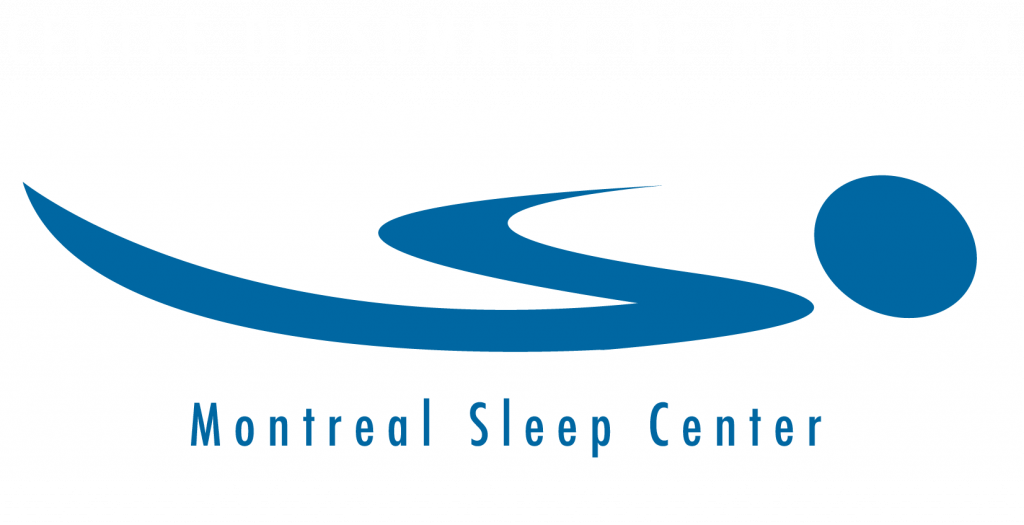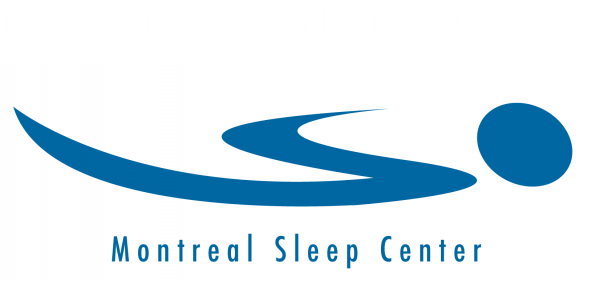If you feel drowsy, lethargic, fatigued and irritable despite sleeping through the night, it can be an indication of obstructive sleep apnea, which is a serious disorder in which the breathing stops and starts repeatedly during sleep, affecting not only your overall health but also your mental condition, as well as your relationships with your family and friends.
“Snoring is one of the major causes of obstructive sleep apnea, both in men and women, all over the world, but we are also seeing a large number of patients who snore very loudly during their sleep,” eminent ENT specialist and physician Dr Qaiser Sajjad told The News. “This condition results in irritability, drowsiness and lack of focus among snorers due to sleep deprivation, and also irritates their family members, especially spouses.”
According to experts, snoring is a centuries-old human issue, badly affecting the lives and relationships of the people with their loved ones, as it leads to sleep deprivation and, in turn, results in the weakening of the immune system, as well as makes them irritable, sleepy and fatigued even after spending six to eight hours in bed.
“The link between snoring and sleep apnea was discovered during the middle of the last century, and different therapies were introduced to treat this condition, including surgeries, but it remained one of the unresolved issues that could not be eliminated or cured properly,” said Dr Sajjad. He, however, spoke about some practices and devices that can provide a good night’s sleep to someone who usually snores a lot.
To remain healthy a person needs a good night’s sleep — at least six to eight hours — during which time their body repairs itself; the lungs provide oxygen to all the muscles and tissues as well as the brain. The immunity of a person depends largely on their safe and sound sleep.
“If a person remains deprived of sleep despite being in bed for six to eight hours due to snoring and sleep apnea, they start facing multiple problems, from physical and mental to social,” said the ENT specialist.
Sleep apnea
Experts say snoring occurs when the flow of air through the mouth and nose is physically obstructed. Air flow can be obstructed by a combination of factors, including obstructed nasal airways when the wall between both the nostrils gets deformed, poor muscle tone in the throat and tongue, bulky throat tissue and some other reasons.
“Usually the people who snore a lot and very badly are those in the age group of 40 to 70 years, are obese or overweight and suffer from diabetes or hypertension or both,” said Dr Sajjad, adding that this conditions affects both men and women.
“Loud snoring is one of the major indicators that a person has sleep apnea, in which the breathing stops and starts repeatedly during sleep, causing sleep deprivation,” he said, adding that this condition can even lead to heart problems, as it is one of the risk factors for stroke and heart attacks.
What helps?
“Eat lightly during the night and start losing body fat, as snoring is directly linked to heavy eating and being overweight,” said Dr Sajjad, who believes that exercising regularly to reduce body weight helps a person overcome many health issues, including snoring and even sleep apnea.
“In order to have good health, a person needs to stick to some basics, including eating less and a balanced diet, which should comprise lesser carbohydrates and more fruits and vegetables, keeping the weight under control through diet and regular exercise, and avoiding diabetes and hypertension through lifestyle modification.”
CPAP device
Continuous positive airway pressure (CPAP) is a device that is attached to the nostrils before sleep to help ease the breathing as well as prevent snoring, said Dr Sajjad, adding that with the passage of time this device is getting smarter and easy to use for the people who snore very heavily and badly.
“CPAP increases air pressure in the throat so that a person’s airway does not collapse when they breathe in,” he said, adding that it is proving to be a better, affordable solution for snoring and obstructive sleep apnea.
—

